Gene Weingarten recommends 6 books on pivotal moments in history
The Pulitzer Prize-winning journalist recommends works by David Low, Robert Mueller, and more

A free daily email with the biggest news stories of the day – and the best features from TheWeek.com
You are now subscribed
Your newsletter sign-up was successful
Gene Weingarten of The Washington Post is the only person to twice win the Pulitzer Prize for feature writing. His new book, One Day, finds the extraordinary in the ordinary by chronicling the events of a single date picked from a hat: Dec. 28, 1986.
The People v. Clarence Darrow by Geoffrey Cowan (1993).
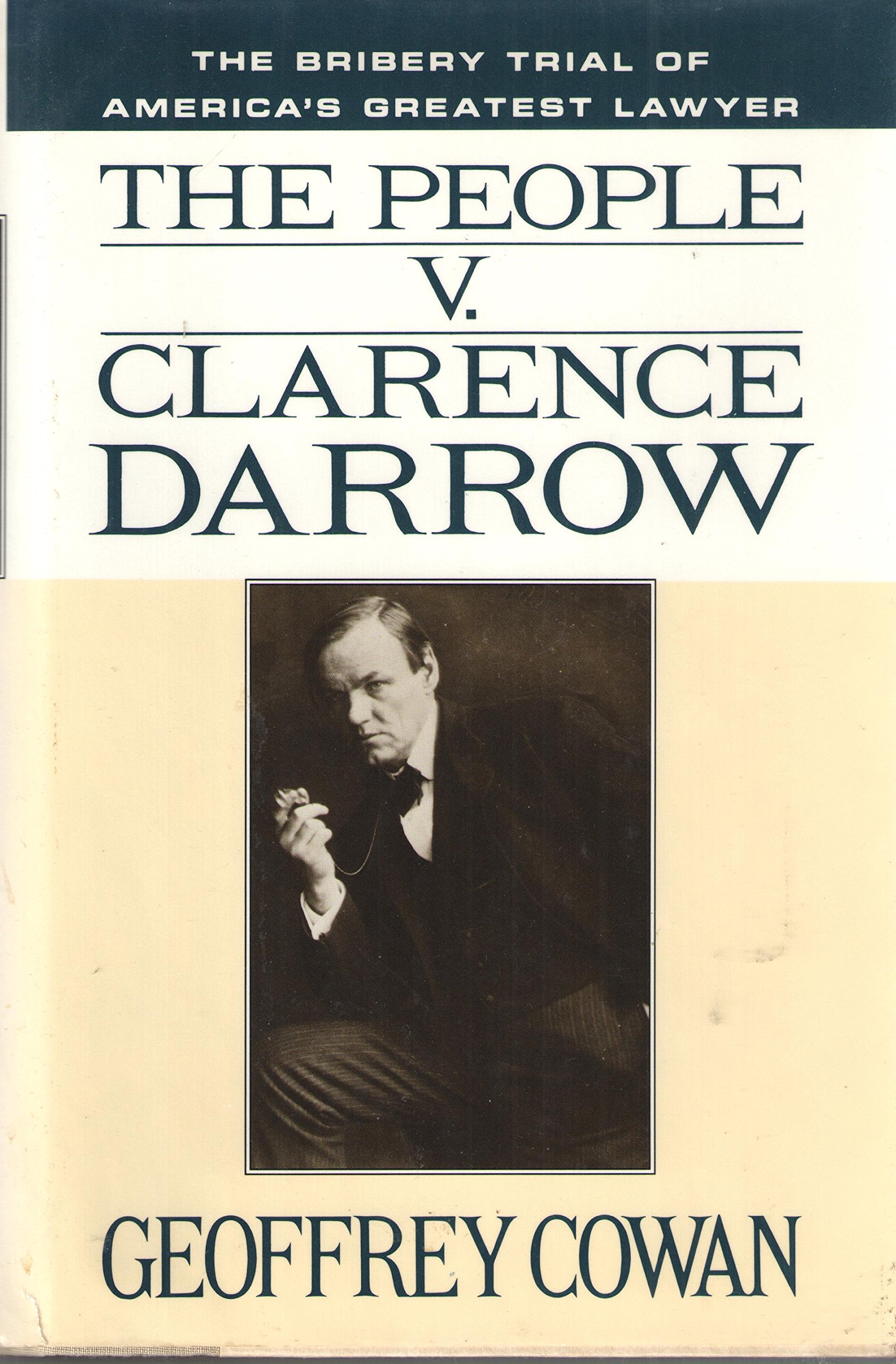
My grandfather once was co-counsel to Darrow in a murder trial. Grandpa seldom talked about the case or his famous mentor, and this magnificent book suggests why. Darrow was a brilliant defender of civil liberties, a supporter of labor unions, a fierce opponent of tyranny. As this book establishes, he also happened to be a deeply dishonest man, willing to break laws and betray friends to burnish his image.
The Week
Escape your echo chamber. Get the facts behind the news, plus analysis from multiple perspectives.

Sign up for The Week's Free Newsletters
From our morning news briefing to a weekly Good News Newsletter, get the best of The Week delivered directly to your inbox.
From our morning news briefing to a weekly Good News Newsletter, get the best of The Week delivered directly to your inbox.
Burr by Gore Vidal (1973).
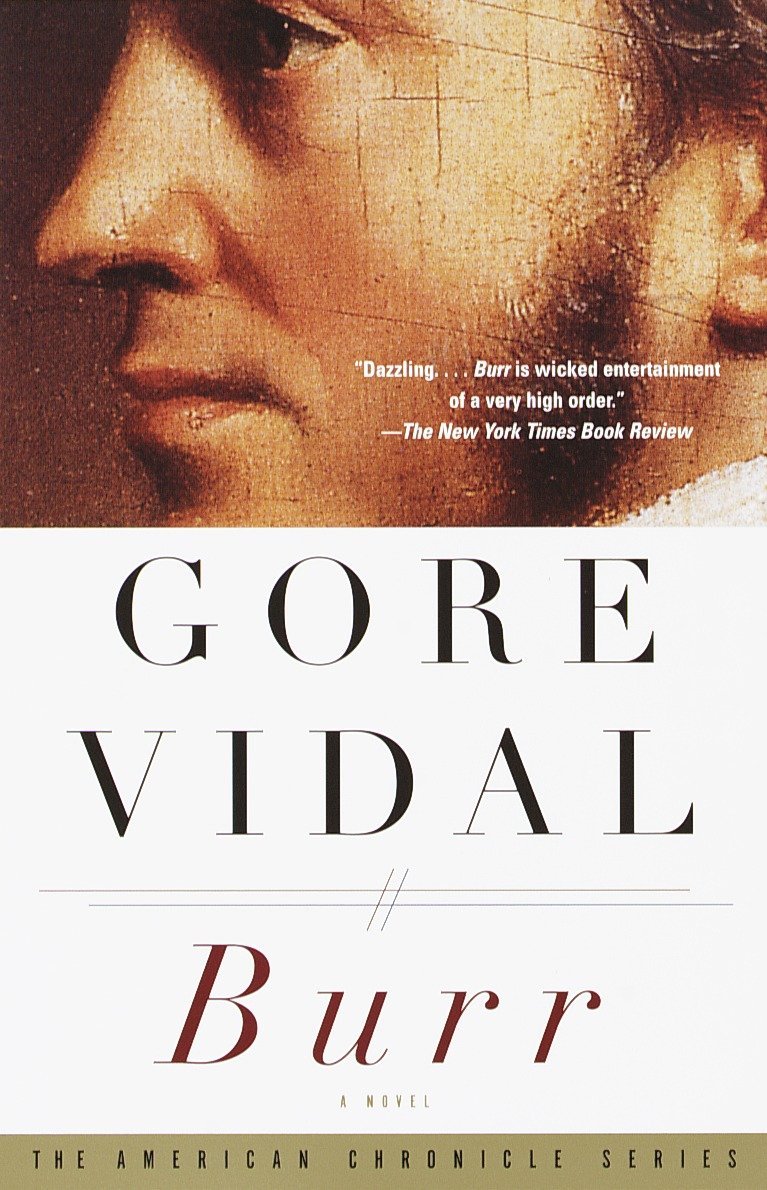
A riveting historical novel about America’s most notorious man, Burr opens with Vidal’s brief obituary of the country’s third vice president: a compendium of jaw-dropping ambitions and achievements and predations and outrages. From that moment, it is a book you cannot abandon. Also, it has a marvelous snap ending. I love snap endings.
1944 by Jay Winik (2015).
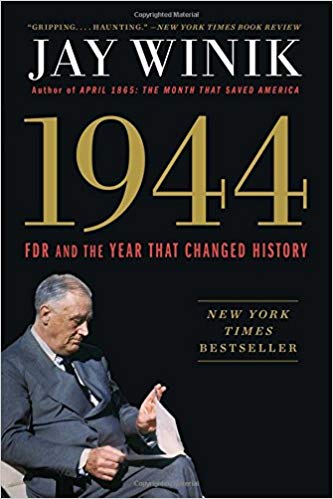
Winik is a serious historian whose books read like thrillers. His magical collision of style and substance works beautifully here. 1944 focuses on World War II’s most critical year, following, among other things, the desperate efforts of two concentration-camp escapees to get their story out to the world. Warning: Some of your assumptions about Franklin Roosevelt may be challenged.
A free daily email with the biggest news stories of the day – and the best features from TheWeek.com
Low on the War by David Low (1941).
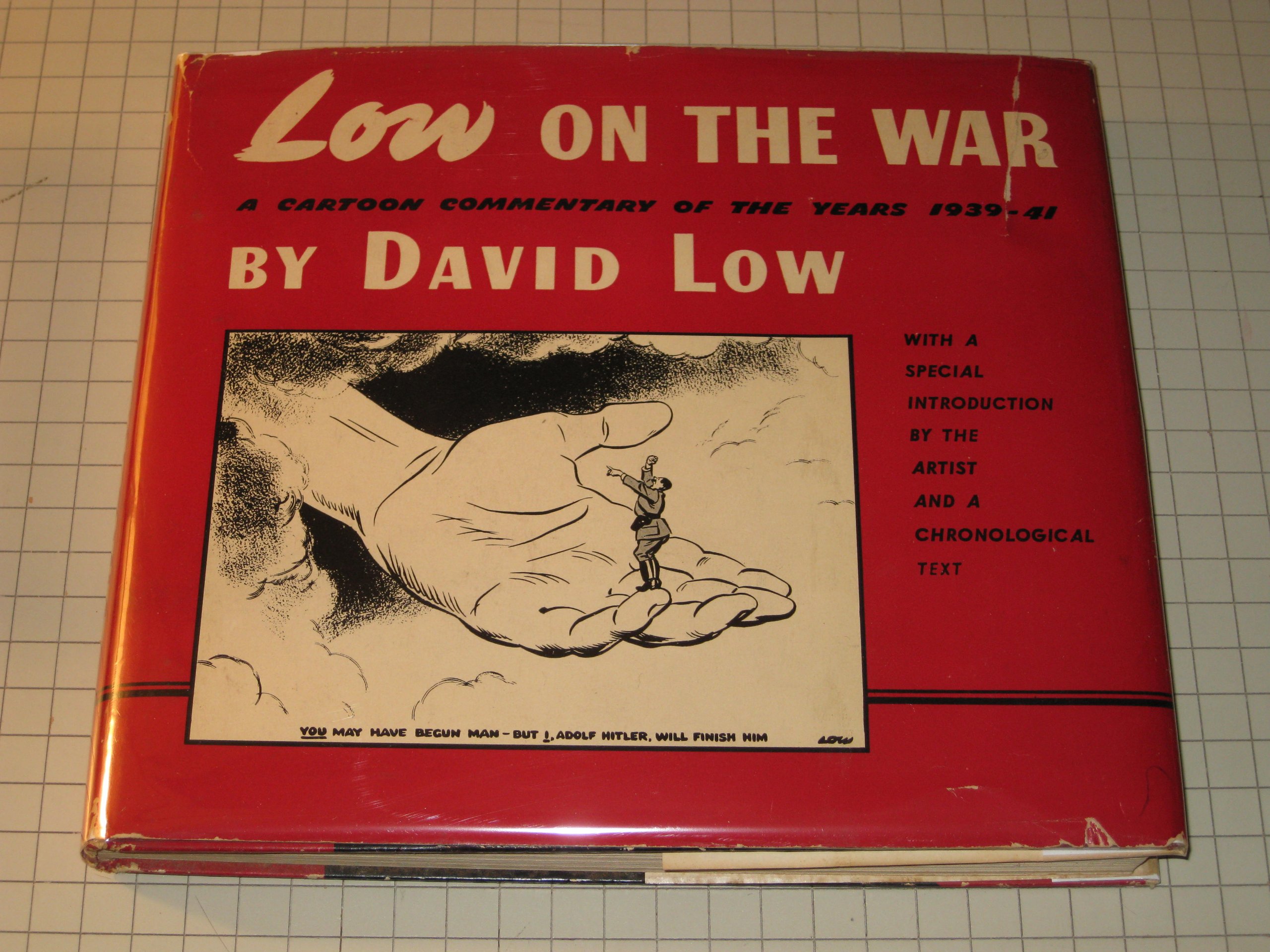
Cartoonist David Low was well known in his day. His early wartime work, compiled here, was powerful, prescient, and blistering. After Hitler and Stalin invaded Poland as part of a cynical pact between men who despised each other, Low has them cordially meeting, Stanley and Livingstone–style, over the body of a dead Polish soldier. “The scum of the Earth, I believe?” says Hitler. “The bloody assassin of the workers, I presume?” says Stalin.
Rise to Greatness by David Von Drehle (2012).
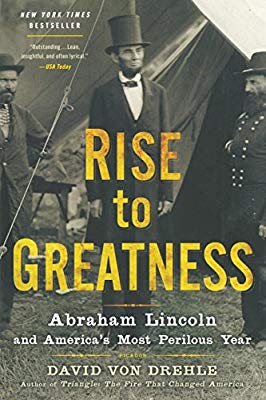
By all means, read Doris Kearns Goodwin’s extraordinary Team of Rivals. But you already knew about that Lincoln book. This one you may have missed. It’s an elegant account of the events of 1862, the year the republic was in its greatest peril, and of how our greatest president made some of the wisest decisions ever made by any leader.
The Mueller Report (2019).
Sorry, but you really need to read this before the next election.
-
 5 cinematic cartoons about Bezos betting big on 'Melania'
5 cinematic cartoons about Bezos betting big on 'Melania'Cartoons Artists take on a girlboss, a fetching newspaper, and more
-
 The fall of the generals: China’s military purge
The fall of the generals: China’s military purgeIn the Spotlight Xi Jinping’s extraordinary removal of senior general proves that no-one is safe from anti-corruption drive that has investigated millions
-
 Why the Gorton and Denton by-election is a ‘Frankenstein’s monster’
Why the Gorton and Denton by-election is a ‘Frankenstein’s monster’Talking Point Reform and the Greens have the Labour seat in their sights, but the constituency’s complex demographics make messaging tricky